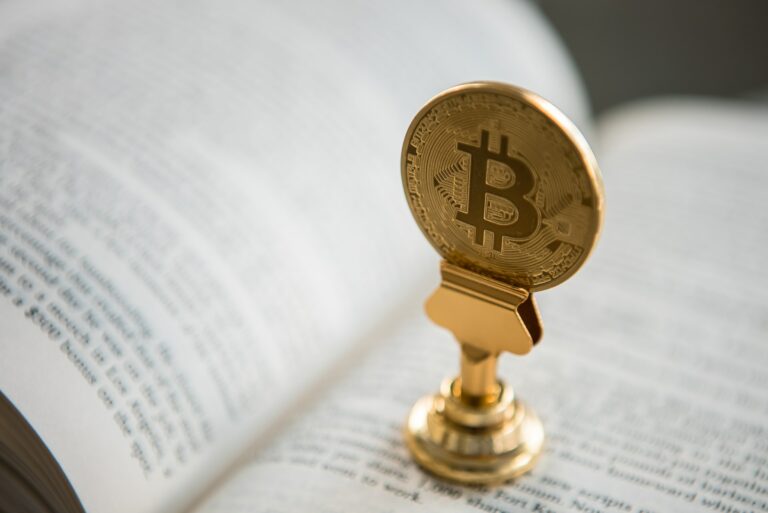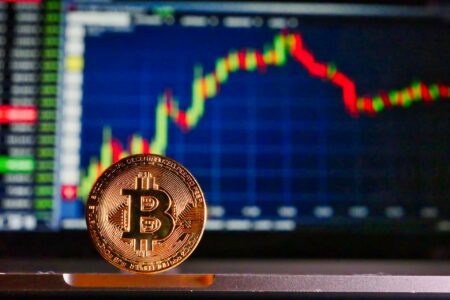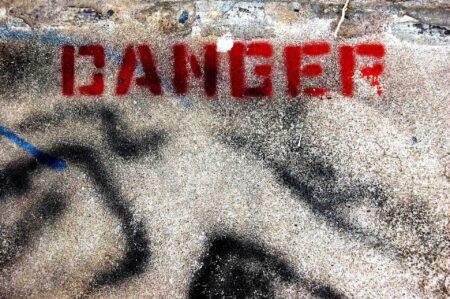Popular cryptocurrency exchange Bitfinex is offering rewards up to $400 million for the return of the nearly 120,000 bitcoins that were stolen from its wallets back in 2016.
According to an announcement the trading platform published, Bitfinex will give both the person who connects it with the hackers responsible for the security breach, and the hackers themselves, a reward for the return of the stolen property. The document reads the incident is a “dark chapter in our exchange’s history,” and Bitfinex is “pleased to offer this reward” as evidence it is looking to obtain the lost property.
Bitfinex detailed it was looking to offer the person who puts Bitfinex in contact with the hacker 5% of the total property recovered, and the hackers themselves with 25% of the total property recovered. The announcement reads:
Those who put Bitfinex in contact with the hacker will receive 5% of the total property recovered (or equivalent funds or assets at current market values), and the hackers will receive 25% of the total property recovered (or equivalent funds or assets at current market values).
Payments made in these rewards would be classified as “costs of recovery of the stolen property,” it details. As nearly 120,000 BTC were stolen from the exchange in 2016, the total amount of rewards could go up to $400 million, Back in August 2016 the 120,00 BTC were worth $72 million, but bitcoin’s price rise has seen the funds appreciate to over $1.34 billion.
To confirm the identity of the hackers, Bitfinex will request a transaction of 1 satoshi from the wallet address responsible for the hack to a wallet they specify. It’s worth noting the exchange has been working with law enforcement on the case, and that in 2019 it recovered 27.66 BTC stolen in the hack, which were converted to USD and repaid to RRT holders.
The cryptocurrency exchange’s move comes at a time in which the hackers are proving they are still active. Over the last few days, a total of $51 million worth of the stolen bitcoin has been on the move, blockchain data shows.
Featured image by André François McKenzie on Unsplash.









